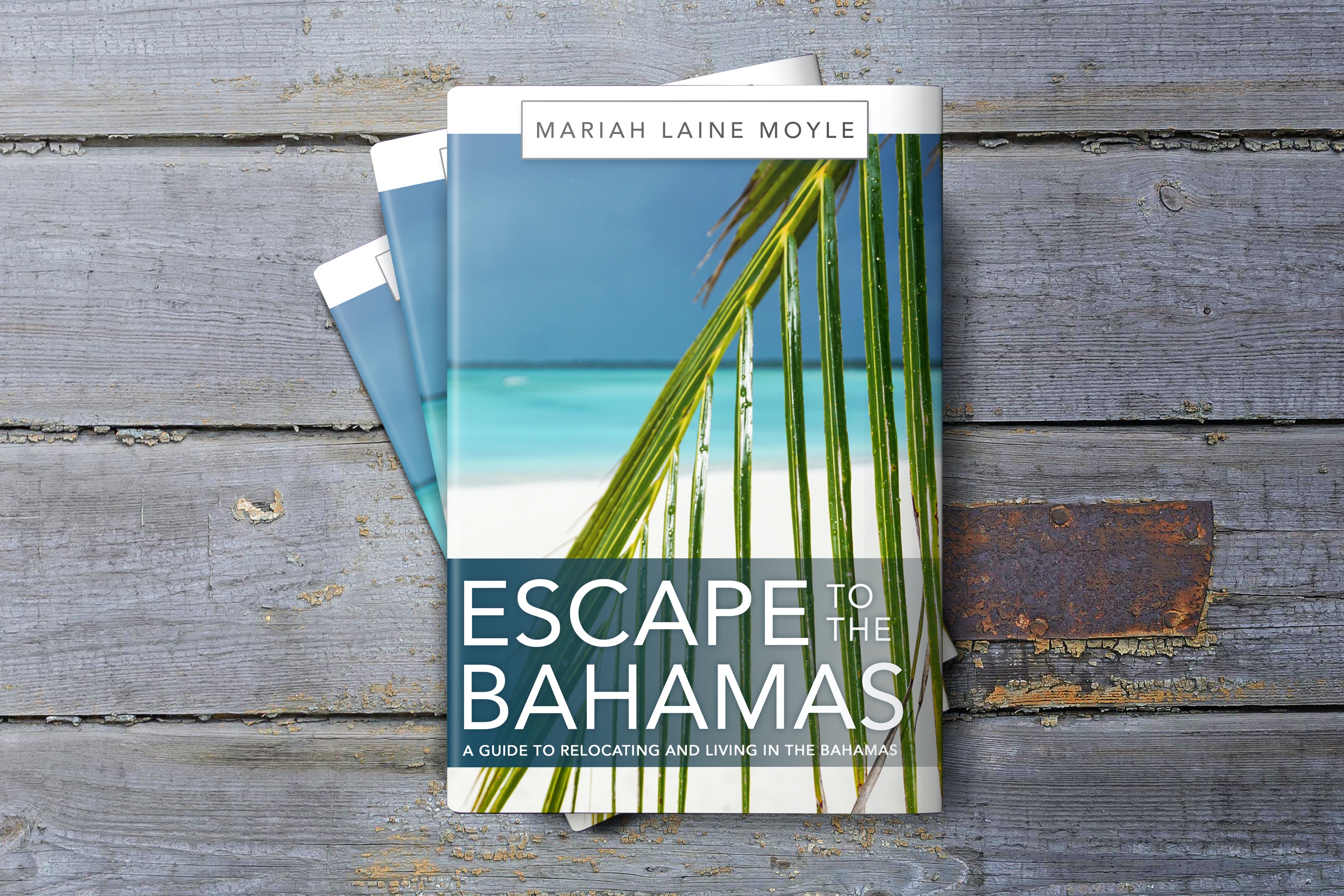What to Expect
The Bahamas can feel at times like a first world country, and at other times very third world when the power goes out and things don’t operate as fluidly as you’d like to expect. If you chose to live in the Out Islands, you will quickly realize the difficulties that tend to come along with living in “paradise”. It’s likely more expensive than what you’re used to, and it takes much longer and is more logistically complicated to receive supplies, spare parts, or just creature comforts. Unlike other islands farther south in the Caribbean, The Bahamas does not have a strong agriculture base, so fresh produce may not always be readily available, so if you’re a healthy eater, you may find it difficult.
Depending on the island or community you chose, you may have more or fewer headaches to deal with. Those that end up in higher-end communities will typically expect to be set up with generators so when the power cuts, everything operates as normal, minus a few second
In Nassau, there’s a steady influx of expats in the banking industry, so it’s relatively easy to establish a social network, especially if you have children. Nassau has a diverse array of residents from the US, Canada, the UK and various other countries. But if you’re the social type, chose your Out Island wisely. Many islands have great expat communities, but some islands can feel lonely. If you love solitude, then you won’t have any problem anywhere you go.
Most people like the looseness of rules in certain aspects, but things don’t always function how you might want them to, so having slack rules can be a hindrance and downright frustrating at times. But on the other hand, most are shocked when you purchase your beer at the liquor store and they ask if you want it opened as you are leaving. Drinking laws are fairly loose (obviously exercise the same caution you would back home!), and you won’t typically be expected to ever be pulled over by a police officer unless your disc (registration) is expired. That being said, drivers in Nassau are pretty terrible. Visit the transportation page for driving tips.
Phones and Internet
We have great cell service in most communities throughout the islands. BTC and
Cable Bahamas offers speedy internet, I’ve found the internet service is even better than service in the US.
Shipping and Postal Service
If you need to receive or ship anything DHL, FexEx and UPS have offices in Nassau and Freeport. If you need anything delivered to an Out Island, call the shipping company and confirm arrangements, and they will receive the package in Nassau and take care of forwarding it to you via Mailboat. It is not recommended to use Bahamian Post Office unless you are just sending a
To import smaller items, we use a company called Dash Express, located in Nassau, which offers free shipping on items under 10lbs when you sign up for their Smart Ship Membership Program, which is $99 for 6 months. You’ll pay duty and VAT on the imported item, but it’s fairly cost-effective. Another recommended company is ZipX, which operates out of Odyssey Aviation in Nassau. They are a bit more
If you are bringing in large items such as furniture and construction material for containers and pallets, depending on the island you’d look at Tropical Shipping or Seacor Island Lines.
Weights & Measures
Cost of Living
The cost of living is higher than in average US
Conducts & Customs
The pace is slower in The Bahamas and many Bahamians operate on “island time” or a leisurely mindset that things will get done whenever they get done.
Bahamians are conservative for the most part and dress up in suit coats and long pants for business. Church, dining
Bahamians are in general, friendly, good-natured and genuine people. They are proud of their island nation and are enthusiastic about sharing it with visitors. Many Bahamians take advantage of the hospitality and tourism programs at the University of The Bahamas, setting them up to excel in the nation’s largest business sector. Nassau, being the city, is less welcoming in general than the Out Islands just due to the larger scale and
When passing someone in fairly close proximity,
And remember, everything operates at a much slower pace or sometimes not at all. Be
Escape to the Bahamas: A Guide to Relocating to and Living in the Bahamas

Be sure to pick up a copy of our latest book Escape to the Bahamas: A Guide to Relocating to and Living in the Bahamas, where we go in-depth on topics such as
- Which island is right for you
- History, culture & landscape
- Buying or bringing your vehicle & getting around
- Renting
- Buying property
- Building in the Bahamas
- Establishing residency
- Supporting yourself financially
- Health care
- Crime and safety
- And many more topics!
